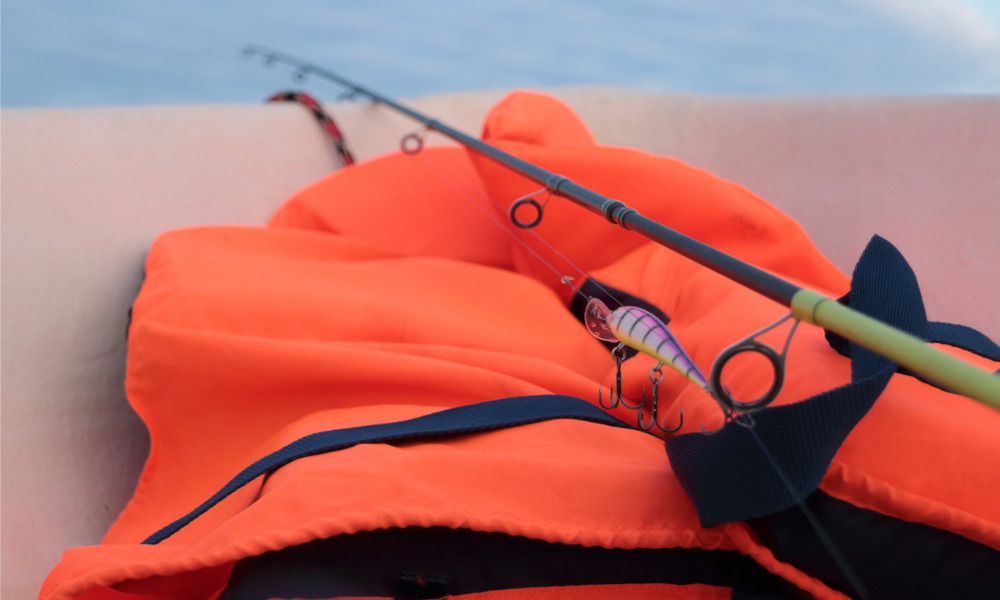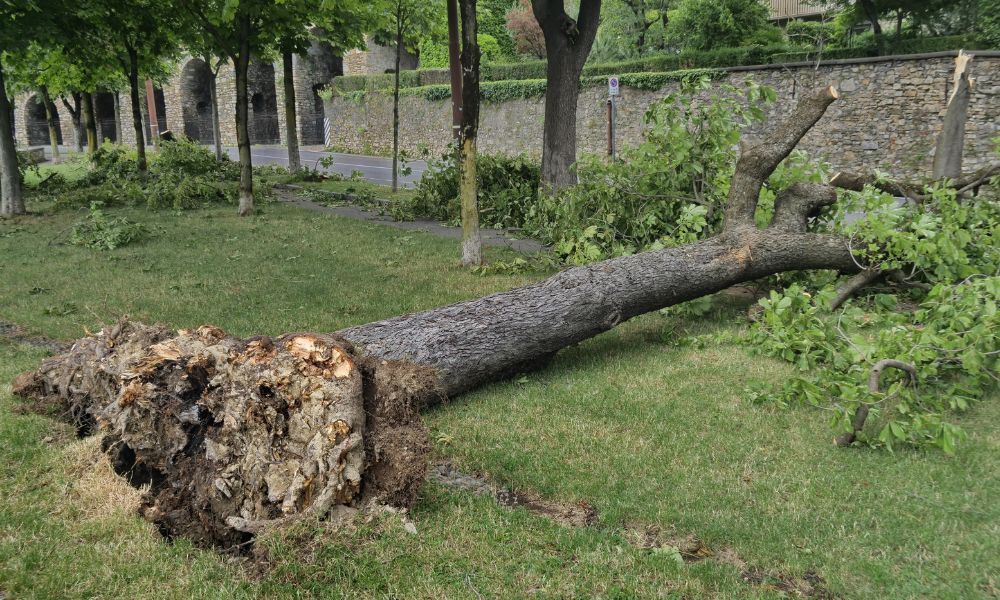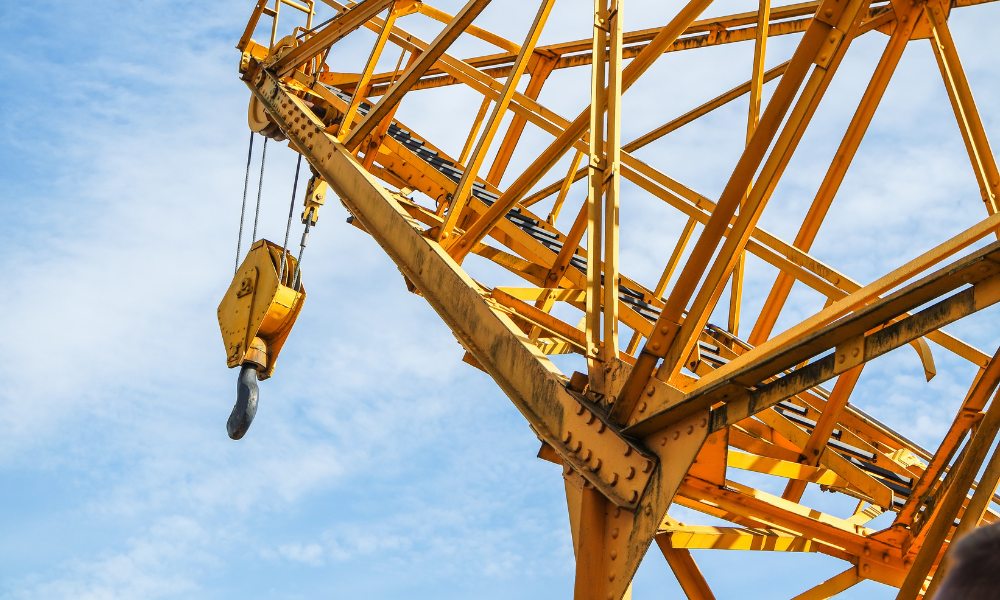'These amendments will address a safety gap in the industry and will help to protect workers from the risk of drowning'

New Brunswick has introduced amendments to the Occupational Health and Safety Act to make it mandatory for workers to wear personal flotation devices or life jackets while on fishing vessels.
“Working on fishing vessels can be a dangerous job, which is why these changes are crucial to make this working environment as safe as possible,” says Trevor Holder, minister of post-secondary education, training and labour.
Read more: Industy's high death rate 'unacceptable' and 'preventable'
Under the current legislation there is no requirement for fishers to wear life jackets or PFDs. The Transportation Safety Board of Canada recommended a change given the frequency of drownings in the industry.
The amendments include:
- adding fishing vessels to the definition of place of employment.
- adding a definition of what constitutes a fishing vessel.
- distinguishing the requirements for life jacket and personal flotation devices on fishing vessels from construction requirements.
- requiring the constant use of a life jacket or other personal flotation device for fishers/employees while on board a fishing vessel that does not have a deck or a deck structure.
Fishing has long been seen as one of Canada’s most dangerous occupations, according to a previous report.
‟These amendments will address a safety gap in the fishing industry and will help to protect workers from the risk of drowning,” said Holder. ‟Fishing is one of New Brunswick’s longest and proudest traditions and we want it to be safe for workers.”
The amendments would come into effect on June 1, 2024, and WorkSafeNB welcomes the legislation.
“The fishing industry is one of the most dangerous in the world,” said Tim Petersen, WorkSafeNB’s president and CEO. “WorkSafeNB wants to collaborate with captains and crews to ensure the industry in our province is as safe as possible. Everyone deserves to be safe at work and return home to their families at the end of the day. This legislation is an important step forward.”
Read more: Crew of fishing vessel that sank likely did not know vessel's actual safe operating limits: Report
In 2021, health and safety consultancy Arinite analyzed data available on occupational fatalities from the International Labour Organization (ILO), National Security Council (NSC) and Elsevier to paint a picture of occupational fatalities in fishing around the globe.
The data revealed fishing to be the most dangerous occupation in the world and in Canada. There was an average fatality rate of 15.96 deaths per 100,000 workers globally and 27.32 fatal occupational injuries per 100,000 workers in the Canadian fishing industry.





